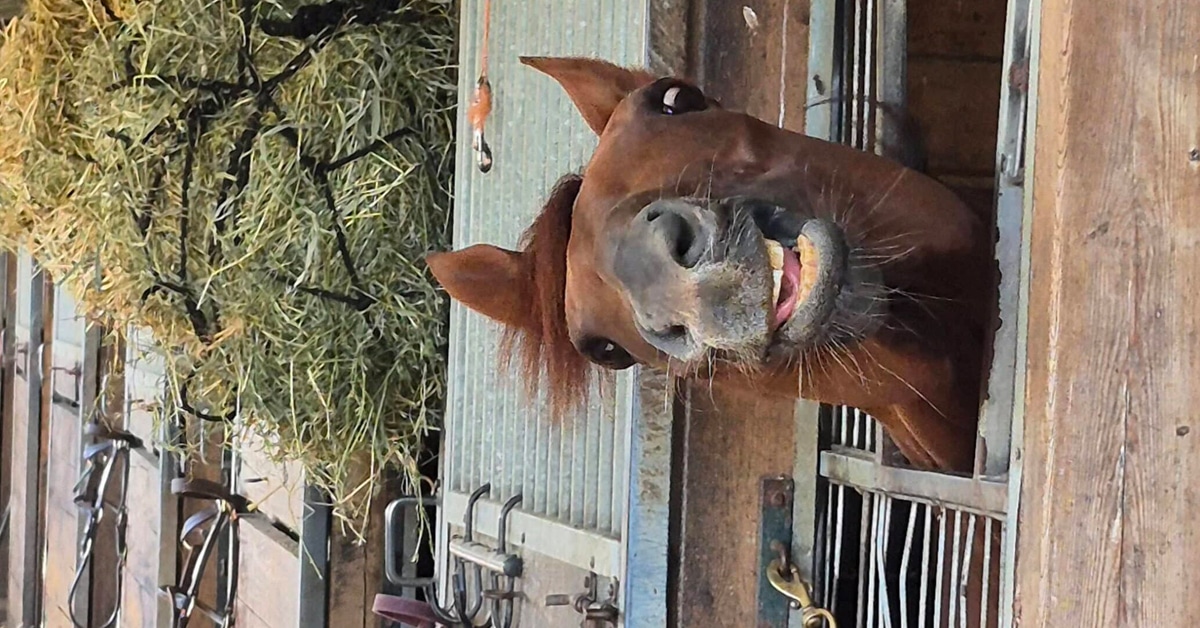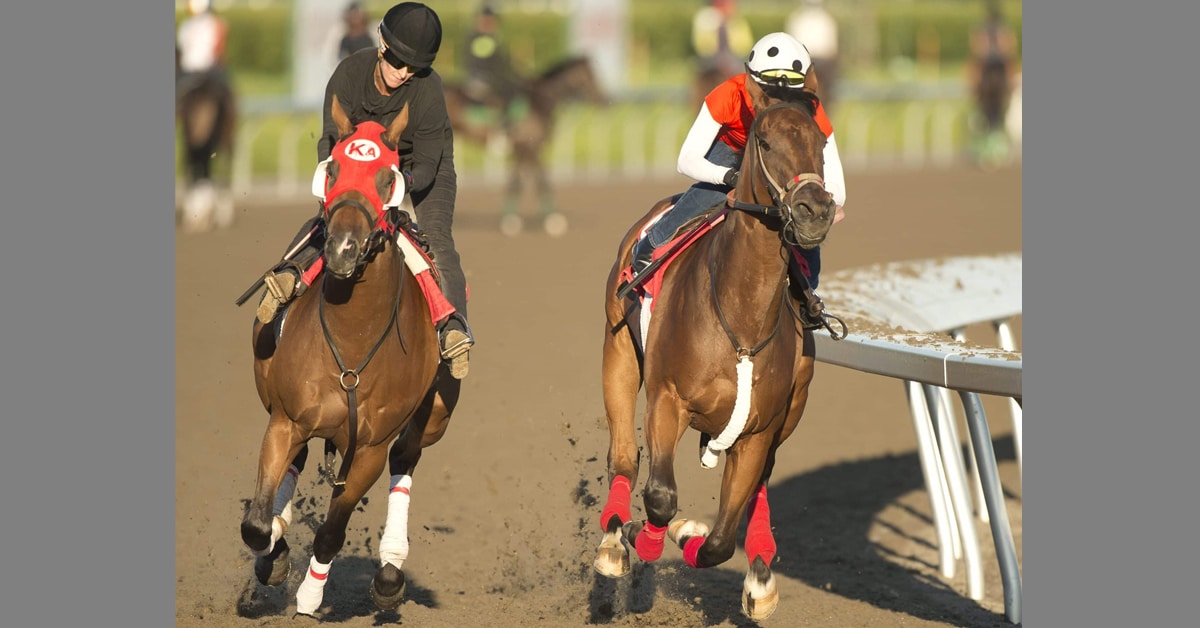Woodbine Entertainment, in consultation with the HBPA joint Equine Health and Welfare Committee, would like to remind all trainers of the important protocols in place for horses entering the Woodbine backstretch in 2021.
All horses entering to race or train at Woodbine must have the following up to date:
EHV-1 vaccines will be administered to a horse no less than 14 days and no longer than 90 days from entry date to Woodbine.
Rhino/Flu shots must be up to date along with any recommended booster shots throughout the season.
Coggins Test must be up to date. Coggins Test are valid for 1 year and must be renewed prior to expiration date.
A veterinary inspection letter shall accompany all horses entering from out of province and country.
The veterinary inspection letter should include the following:
The horse(s) listed on this certificate of veterinary Inspection:
Has/have not originated nor have come from a barn with a confirmed or suspected case of EHV-1, strangles or any other diseases in the last 30 days.
Or been febrile within the previous 3 weeks.
Must include the horse’s latest temperature recorded on the letter, by the signing veterinarian.
Must include the date of the horse’s EHV-1 vaccine including the name of the administered vaccination product.
All vaccination records and veterinary inspection letters must be delivered to the Stall Office or Racing Office within 24 hours of horses arrival at Woodbine to be read by the Racing Department.
All records must be kept up to date. If you have any questions concerning your vaccination records or Coggins Test dates, please contact the Stall Office at stalloffice@woodbine.com
All horses entering to train on a ship in/ship out basis, whether the Receiving Barn or a Main Barn must have all vaccination records onsite with the Stall Office prior to entry for training.
If you are unable to inoculate your horse prior to entry to the backstretch, you must make arrangements with the Stall Office to allow entry and set up a plan for immediate inoculation of said horse. This may only be used in case of extreme difficulty as it is important for the EHV 1 vaccine to be given to horses 14 days prior to arrival.
Equine Herpesvirus detected in Halton
(with files from www.thehorse.com) On Feb. 4, officials at the Ontario Ministry of Agriculture, Food, and Rural Affairs (OMAFRA) in Canada received notification that two horses at a facility in the Regional Municipality of Halton tested positive for neurologic equine herpesvirus-1 (EHV-1).
The horses exhibited fever and were tested as the result of an investigation into the illnesses and subsequent euthanasia of three other horses at their facility between Jan. 29-Feb. 3. Those horses had exhibited severe incoordination and recumbency (down and unable to rise).
The facility’s manager has enacted enhanced biosecurity protocols and has restricted movement to and from the facility, which is under veterinary supervision.
EHV 101
Herpesvirus is highly contagious among horses and can cause a variety of ailments in equids, including rhinopneumonitis (a respiratory disease usually found in young horses), abortion in broodmares, and equine herpesvirus myeloencephalitis (EHM, the neurologic form).
In many horses, the first or only sign of EHV-1 infection is fever, which can go undetected. In addition to fever, other common signs of EHV-1 infection in young horses include cough, decreased appetite, depression, and a nasal discharge. Pregnant mares typically show no signs of infection before they abort, and abortions usually occur late in gestation (around eight months) but can be earlier. Abortions can occur anywhere from two weeks to several months following infection with EHV-1.
More News










